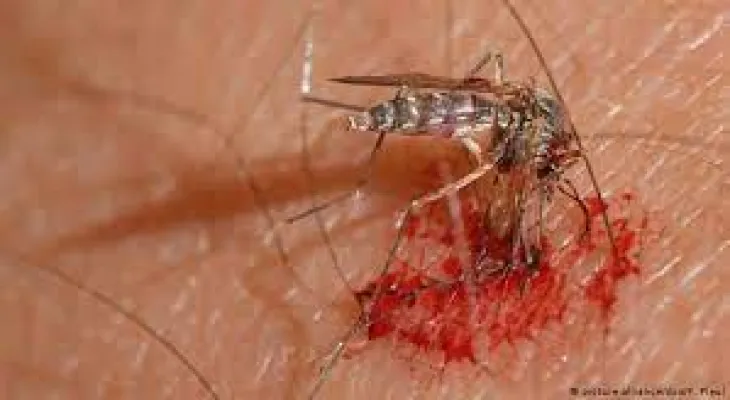Search here
Newspaper
Search here

Arab Canada News
News

Published: June 22, 2022
Summer in Canada attracts people and encourages them to go out into the fresh air and sunshine, but it is not without risks like swarms of mosquitoes.
Although annoying, some species of mosquitoes are also known to transmit harmful diseases, including the West Nile virus.
The consistently wet weather that some provinces experienced during May and June creates ideal conditions for mosquito breeding.
So the best chance to reduce your exposure to the insect and its bite is to know the factors that attract it and how to mitigate them.
Entomologist Kara Gibson told CTVNews.ca: "It’s all about awareness of your location and taking necessary precautions." Gibson has taught entomology studies at universities in Canada and the United States for 20 years and now works in the British Columbia government. She suggested the following tips to avoid mosquito bites.
Know where mosquitoes lay their eggs, which is in stagnant water, and their larvae stay there until they reach adulthood in about 14 days of their life cycle.
During the roughly two-week period, female mosquitoes feed their larvae small blood meals taken from humans, mammals, birds, and reptiles. For this reason, swamps and forests with ponds usually have large numbers of mosquitoes throughout the spring and summer seasons.
They are attracted to chemicals in sweat, including lactic acid produced by exercise, as well as carbon dioxide we exhale, so they may be more likely to appear around people exercising intensely outdoors.
They are also more active at dawn and dusk. Urban and suburban areas can also have large numbers of mosquitoes if there is stagnant water nearby.
Gibson said, "One classic place where water settles for too long is inside old tires." Avoiding areas known to have stagnant water during the time of year when mosquitoes are active can help reduce your exposure to them.
If you cannot avoid these places, at least you can prepare by using insect repellents.
Controlling their breeding doesn't require a lot of stagnant water to raise their young. In fact, Gibson said, even a dish with a few centimeters of water under a pot can contain mosquito larvae.
Insect repellents containing no less than four percent DEET can be effective in keeping mosquitoes away, but Gibson said it is important to know how they work.
She said, "Don’t spray DEET on mosquitoes; it doesn’t kill them." "It’s just a repellent."
Comments